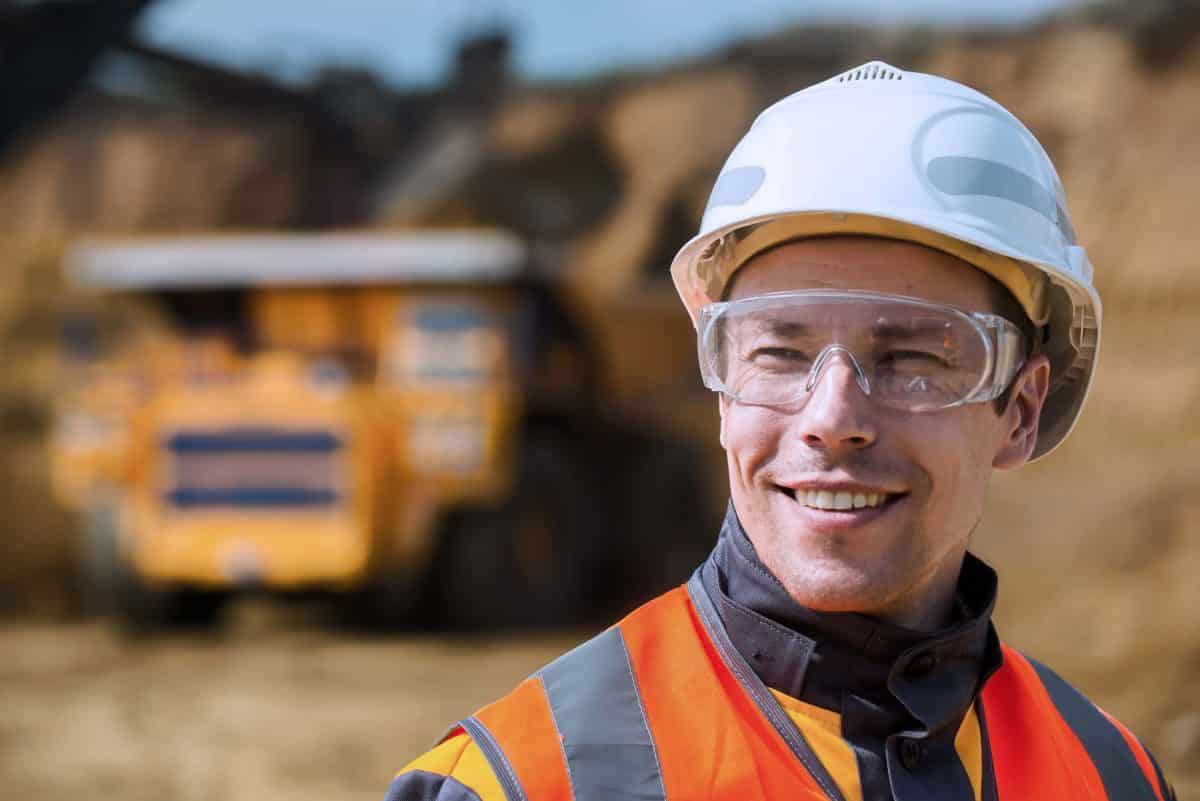Coal mining has long been a prominent industry, offering employment and economic opportunities in many regions. However, in recent years, the sustainability and desirability of pursuing a careerin coal mining have come into question. As concerns about the environment, market trends, and renewable energy sources grow, it is essential to examine whether is coal mining a good career path.
Is Coal Mining A Good Career Choice?
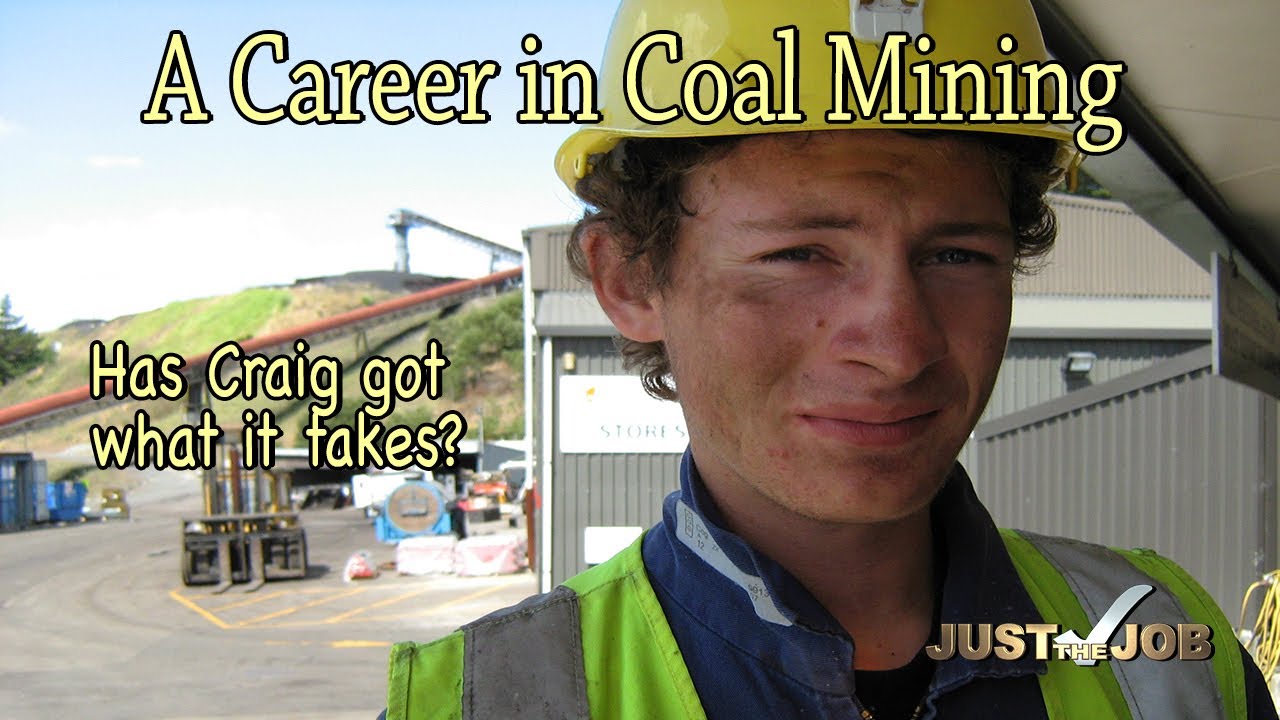
A Career in Coal Mining
Determining whether coal mining is a good career choice is subjective and depends on individual circumstances, priorities, and personal values. While coal mining has traditionally provided job stability, financial security, and transferable skills, there are several factors to consider. These factors include environmental concerns associated with coal extraction and combustion, market uncertainties due to the declining demand for coal, and occupational hazards and health risks faced by coal miners.
Regarding the average life expectancy of a coal miner, it is challenging to provide an exact figure as it can vary depending on various factors. Coal mining is a physically demanding and potentially dangerous occupation, with risks of accidents, injuries, and exposure to hazardous substances. While safety regulations and advancements in technology have improved working conditions, it is difficult to isolate the impact of coal mining alone on life expectancy. Other factors such as lifestyle, access to healthcare, and regional health disparities also play a role.
Some studies have indicated that coal miners may face higher risks of certain health conditions, including respiratory diseases like pneumoconiosis (black lung disease), cardiovascular issues, and musculoskeletal disorders. However, it is important to note that individual experiences and health outcomes can vary significantly among coal miners. Additionally, efforts are continually being made to improve safety standards and mitigate health risks in the coal mining industry.
It is recommended that individuals considering a career in coal mining thoroughly research and evaluate the potential risks and rewards. Understanding the industry's future prospects, staying informed about advancements in renewable energy sources, and considering personal values and long-term goals are crucial in making an informed decision about pursuing a career in coal mining.
Types Of Jobs In Coal Mining
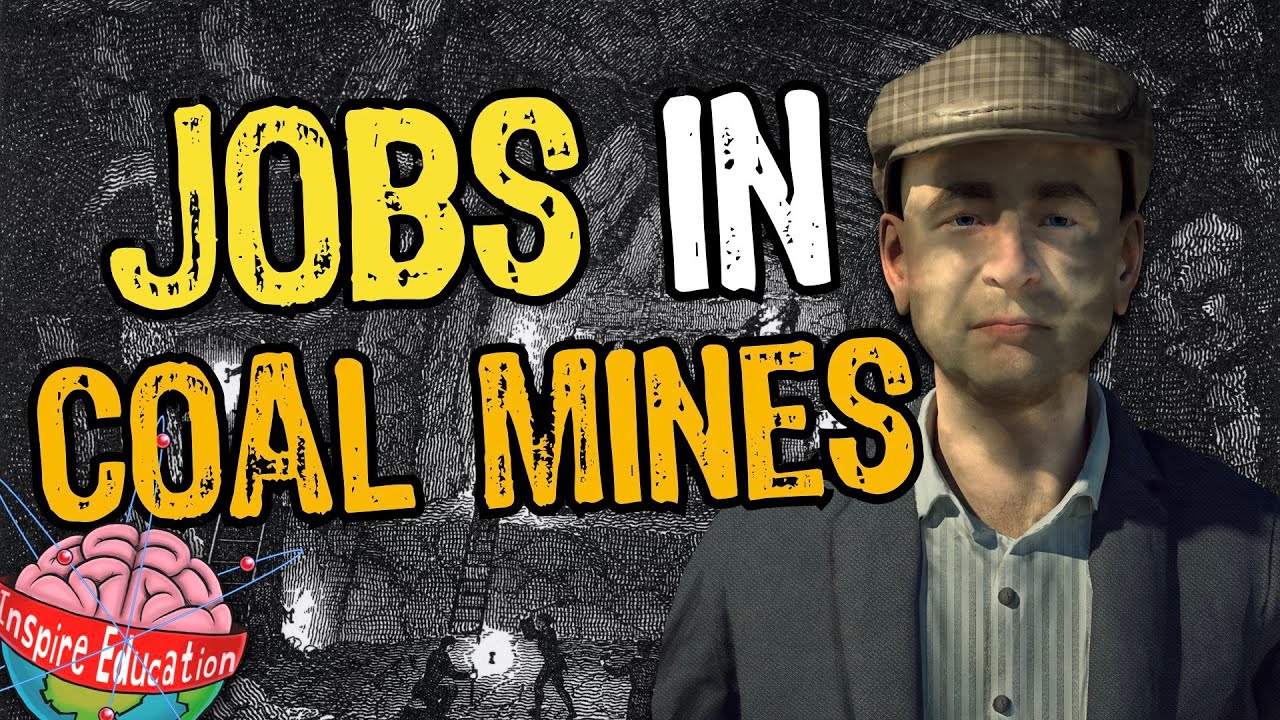
Coal Mine Jobs
In coal mining, there are various types of jobs that cover a range of responsibilities and skill sets. Here are some common job roles found in the coal mining industry:
- Miner/Underground Miner -Miners work directly in the extraction of coal from underground mines. They operate machinery, drill holes, set up and blast explosives, and remove coal from the mine.
- Electrician -Electricians in coal mining are responsible for maintaining, repairing, and installing electrical systems and equipment used in mining operations. They ensure the safe and efficient functioning of electrical infrastructure.
- Mechanic -Mechanics in coal mining perform maintenance and repair work on mining equipment such as trucks, loaders, and conveyor systems. They diagnose and fix mechanical issues to keep the equipment operational.
- Surveyor -Surveyors are responsible for mapping and measuring the mine site, including underground areas. They use specialized equipment to gather data and create accurate maps and plans for mining operations.
- Engineer -Mining engineers are involved in the planning, design, and management of mining operations. They assess the feasibility of mining projects, develop mining plans, oversee production processes, and ensure compliance with safety and environmental regulations.
- Safety Officer -Safety officers focus on promoting and enforcing safety protocols to minimize the risk of accidents and occupational hazards. They conduct inspections, provide safety training, and monitor compliance with safety regulations.
- Environmental Engineer/Scientist -Environmental professionals in coal mining assess and mitigate the environmental impacts of mining operations. They develop and implement environmental management plans, monitor water and air quality, and ensure compliance with environmental regulations.
As for the number of jobs available in coal mining, it can vary depending on factors such as regional demand for coal, the size of mining operations, and market conditions. Over the years, the number of coal mining jobs has declined in many countries due to factors like the transition to cleaner energy sources and automation. The specific employment figures are subject to change and may differ across different regions and time periods.
Best Paying Jobs In Coal Mining
In the coal mining industry, certain roles tend to offer higher wages compared to others. While salaries can vary based on factors such as experience, location, and specific job responsibilities, here are some of the highest-paid jobs in the coal mining industry:
- Mining Engineer -Mining engineers play a crucial role in the planning, design, and management of mining operations. Their expertise in optimizing mining processes and ensuring efficient resource extraction often leads to higher salaries.
- Geologist -Geologists in the coal mining industry analyze geological data to identify coal deposits and assess their quality and feasibility for extraction. Their specialized knowledge and skills make them valuable assets, commanding competitive salaries.
- Senior Management -Senior executives and management personnel responsible for overseeing coal mining operations, strategic planning, and decision-making typically earn higher salaries due to the level of responsibility and leadershiprequired.
- Safety Manager -Safety managers are responsible for ensuring compliance with safety regulations, implementing safety programs, and minimizing occupational hazards in coal mining. Their critical role in maintaining a safe work environment can result in higher compensation.
- Maintenance Supervisor -Maintenance supervisors oversee the maintenance and repair of mining equipment and machinery. Their expertise in managing maintenance operations and ensuring efficient equipment functioning can lead to higher salaries.
The amount of moneyone can make as a coal miner varies depending on factors such as experience, job role, location, and industry conditions. According to the U.S. Bureau of Labor Statistics, the median annual wage for coal miners in May 2020 was $62,340. However, it is important to note that wages can vary significantly depending on factors such as the specific job, level of experience, and the region or country in which the mining operations are located.
How Many Hours Do Coal Miners Work A Day?

A Day In The Life Of A Coal Miner
The working hours and schedule for coal miners can vary depending on factors such as the specific mine, employment contracts, and local regulations. However, traditionally, coal miners have typically worked long and physically demanding hours due to the nature of the job.
Working Hours
Coal miners often work full-time, and their shifts can span 8 to 12 hours per day. Some operations may also require night shifts or rotating schedules, especially in continuous mining operations.
Work Schedule
Coal miners typically work in shifts, which can vary depending on the mine's operational requirements. Common shift schedules include 5 days on, 2 days off, or 4 days on, 4 days off. However, the specific work schedule can vary between different mining companies and regions.
Average Age
The average age of coal miners can vary depending on the region and industry dynamics. However, it is worth noting that the average age has tended to increase over time. In some countries, where the coal mining industry has a long history, the workforce may include older individuals who have been in the industry for many years.
Roles And Responsibilities
People working in coal mining perform a range of tasks depending on their specific job roles. Some common activities and responsibilities include:
- Operating heavy machinery and equipment used in coal extraction, such as drills, loaders, and conveyor systems.
- Conducting safety inspections and ensuring compliance with safety regulations.
- Performing maintenance and repairs on mining equipment.
- Monitoring and controlling the flow of coal and other materials within the mine.
- Assisting with the installation and maintenance of roof supports to ensure mine stability.
- Following proper ventilation and dust control procedures to maintain the air quality in the mine.
- Collaborating with other team members to ensure efficient and safe mining operations.
It's important to note that advancements in technology and automation have also impacted the nature of work in coal mining, with some tasks now being performed by automated systems. However, human involvement remains crucial for overseeing operations, maintaining equipment, and ensuring safety protocols are followed.
Why Choose Career In Coal Mining?
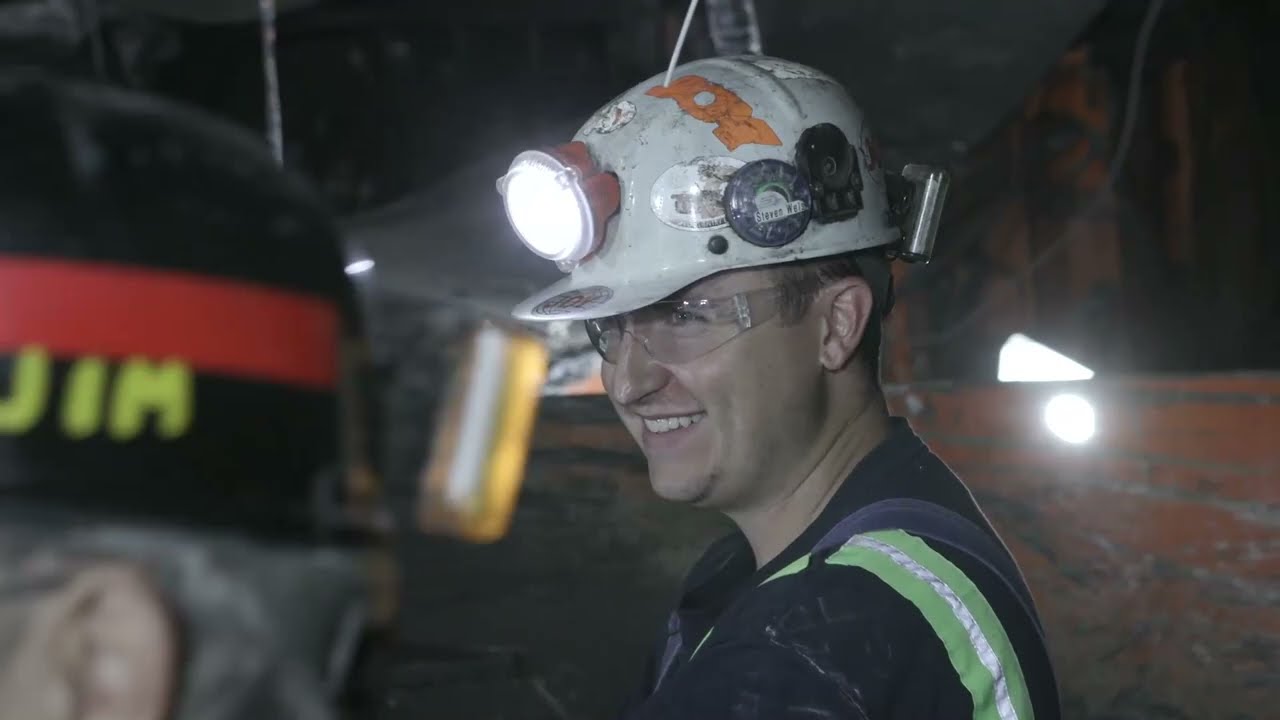
Making a career in mining
Choosing a career in coal mining is a personal decision that depends on individual interests, priorities, and circumstances. While the coal mining industry has faced challenges and transitions in recent years, there are still reasons why some individuals may choose a career in this field. Here are a few potential reasons to consider:
- Job Stability and Financial Security - Coal mining has historically provided job stability and financial security for workers. Despite the industry's challenges, there is still a demand for coal in certain regions, which can offer consistent employment opportunities and competitive wages.
- Transferable Skills - Working in coal mining equips individuals with a diverse set of transferable skills. These skills, including machine operation, maintenance, safety protocols, and problem-solving, can be valuable in other industries such as construction, manufacturing, and engineering.
- Supporting Local Economies -Coal mining often plays a significant role in supporting local economies, particularly in regions where alternative job prospects may be limited. The industry can contribute to the development of infrastructure, create employment opportunities, and stimulate economic growth in mining communities.
- Opportunities for Career Growth -Coal mining offers opportunities for career growth and advancement. With experience and additional training, individuals can progress to higher-level positions, such as supervisors or managers. Some may even choose to start their own mining-related businesses.
- Preserving a Legacy and Tradition -For individuals with a personal or familial connection to coal mining, choosing a career in this industry may be a way to honor their heritage, preserve a traditional way of life, or contribute to the industry's ongoing legacy.
What Are The Qualification Required To Become A Coal Miner?
The qualifications required to become a coal miner can vary depending on the specific role and country or region. However, here are some common qualifications and requirements for entering the coal mining industry:
- Education -A high school diploma or equivalent is typically the minimum educational requirement for entry-level positions in coal mining. Some roles, such as engineering or management positions, may require a bachelor's degree or higher in a related field, such as mining engineering or geology.
- Training and Certification -Many countries have specific training and certification programs for coal miners to ensure they have the necessary knowledge and skills to perform their duties safely and efficiently. These programs may cover topics such as mine safety, operation of mining equipment, first aid, and emergency response. Obtaining relevant certifications, such as a mining license or a certificate in mine safety, may be necessary to work in certain positions.
- Physical Fitness -Coal mining can be physically demanding, requiring individuals to have a certain level of physical fitness and stamina. Good health and the ability to perform physically strenuous tasks are essential for working in underground mines or operating heavy machinery.
- Safety Awareness -Safety is a crucial aspect of coal mining. Prospective miners should have a strong commitment to safety protocols and be willing to adhere to strict safety regulations. Knowledge of mine safety practices, emergency procedures, and the ability to respond to potential hazards is essential.
- Experience -While not always required for entry-level positions, relevant experience in a related field can be beneficial when seeking employment as a coal miner. Experience in operating heavy machinery, construction work, or working in a mining-related environment can demonstrate practical skills and familiarity with the industry.
What Are Some Pros And Cons Of The Coal Mining?
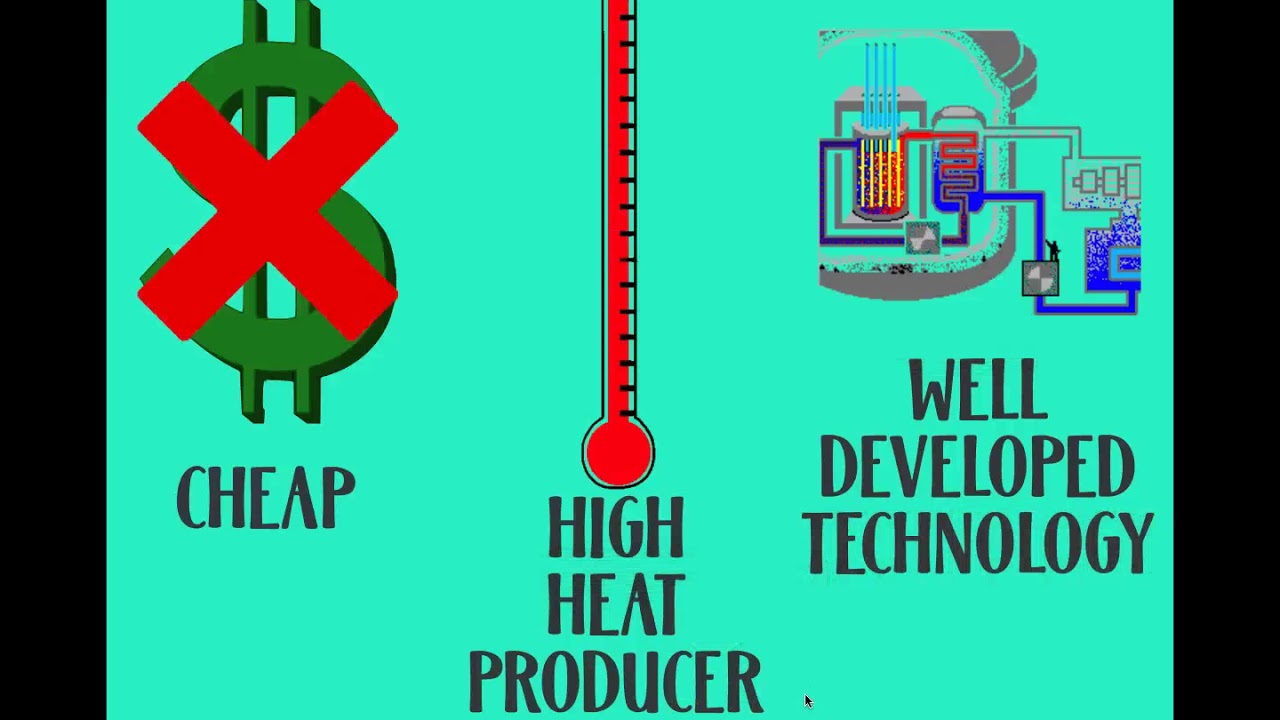
Coal Mining, Advantages, and Disadvantages
Coal mining, like any industry, has both pros and cons. Here are some of the key advantages and disadvantages associated with coal mining:
Pros
- Energy Source -Coal has been a reliable and abundant source of energy for centuries. It has played a significant role in powering industries, generating electricity, and meeting global energy demands.
- Job Creation and Economic Impact -Coal mining has traditionally provided employment opportunities, particularly in regions where alternative job prospects may be limited. The industry can contribute to local economies, stimulate economic growth, and support communities that rely on mining operations.
- Energy Independence -Countries with significant coal reserves can reduce their dependence on foreign energy sources and enhance their energy independence by utilizing domestic coal resources.
- Affordability -Coal has historically been a relatively affordable energy source, which can help ensure access to electricity and heat for households and industries, especially in regions with limited access to other energy options.
Cons
- Environmental Impact -Coal mining and combustion contribute to environmental degradation and air pollution. The extraction process can result in deforestation, habitat destruction, soil erosion, and water pollution. The burning of coal releases greenhouse gases and particulate matter, contributing to climate change and air quality issues.
- Health Risks -Coal miners face various occupational hazards and health risks. Prolonged exposure to coal dust can lead to respiratory diseases such as pneumoconiosis (black lung disease) and other respiratory issues. Accidents, explosions, and cave-ins can also pose significant risks to miners' safety.
- Carbon Emissions -Burning coal is a significant source of carbon dioxide emissions, a greenhouse gas that contributes to climate change. The combustion of coal releases more carbon dioxide per unit of energy produced compared to other fossil fuels, making it a major contributor to global warming.
- Finite Resource -Coal is a non-renewable resource, meaning its supply is limited. As coal reserves are depleted, extraction becomes more challenging and expensive, leading to increased environmental impacts and potential disruptions in the energy supply.
- Transition to Cleaner Energy -The global shift towards cleaner and more sustainable energy sources, such as natural gas and renewables, has resulted in declining demand for coal. This transition can lead to job losses and economic challenges for coal mining communities.
People Also Ask
Is Coal Mining A Dangerous Job?
Coal mining can be a dangerous occupation. Miners face various hazards, including cave-ins, explosions, respiratory issues from prolonged exposure to coal dust, and other accidents. However, strict safety regulations and advancements in technology have significantly improved safety conditions over the years. Adhering to safety protocols and using appropriate protective equipment is crucial for minimizing risks.
Are Coal Mining Jobs Declining?
Coal mining jobs have been declining in many countries due to several factors. The global shift towards cleaner energy sources, such as natural gas and renewables, has led to a decrease in demand for coal. Additionally, environmental concerns and government policies aimed at reducing carbon emissions have contributed to the decline.
Are There Alternative Careers For Coal Miners?
There are alternative career paths for coal miners. The skills acquired in coal mining, such as equipment operation, maintenance, and safety protocols, can be transferable to other industries. Some potential alternative careers include construction, manufacturing, engineering, or working in related sectors like renewable energy or environmental remediation. Additional training and education may be necessary to transition into these alternative fields.
Conclusion
The question of whether coal mining is a good career path is complex and multifaceted. While the industry provides job stability, financial security, and transferable skills, it also carries significant environmental concerns, market uncertainties, and occupational hazards. As the world shifts towards cleaner and more sustainable energy sources, the long-term viability of coal mining as a career path may diminish. Individuals considering this career choice must carefully consider these factors and stay informed about industry trends.
